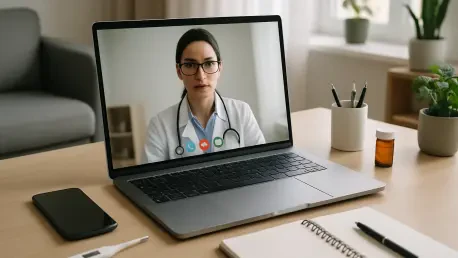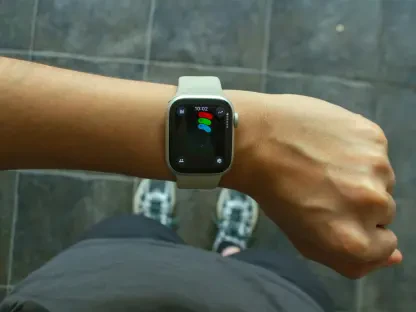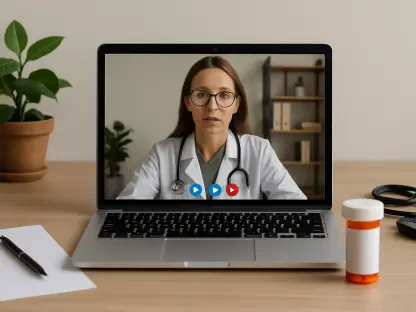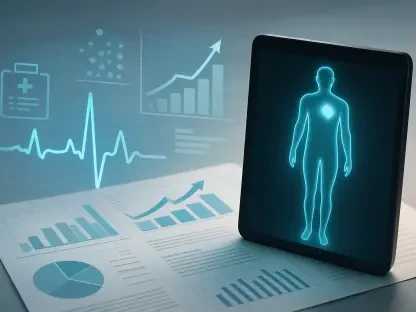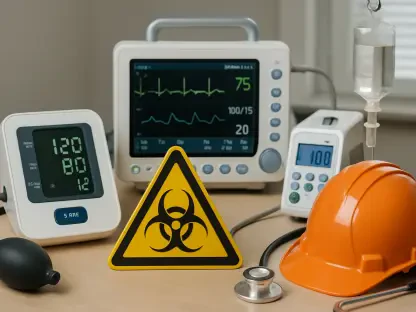In a region where rural landscapes often mean long journeys to the nearest doctor, a transformative opportunity has emerged for healthcare delivery across Arkansas, Mississippi, and Tennessee, thanks to a substantial $1.3 million grant from the Health Resources and Services Administration (HRSA). This funding, awarded to the University of Arkansas for Medical Sciences (UAMS) in Little Rock, specifically empowers the South Central Telehealth Resource Center with $325,000 annually through 2029. It is poised to revolutionize digital health access by equipping providers and patients with cutting-edge tools and training. As part of a broader national telehealth initiative, this financial boost underscores a commitment to bridging healthcare gaps in underserved areas. The implications are profound, promising to enhance virtual care capabilities and address persistent challenges like limited specialty services and transportation barriers, setting a new standard for equitable healthcare in the South.
Expanding Digital Health Infrastructure
Strengthening Technical Support and Resources
The core mission of the South Central Telehealth Resource Center, housed within the UAMS Institute for Digital Health & Innovation, revolves around providing robust technical assistance and resources to healthcare providers. This grant will facilitate the expansion of digital health services by offering evidence-based tools, personalized support, and access to a wealth of information through platforms like LearnTelehealth.org. Healthcare organizations across the three-state region will benefit from tailored guidance on implementing virtual care solutions, ensuring they can adapt to the evolving demands of modern medicine. Beyond technical aid, the center is dedicated to creating patient-focused materials, such as billing and reimbursement guides, alongside regional policy updates. These resources aim to simplify the complexities of telehealth adoption, making it easier for providers to integrate digital solutions into their practices while maintaining compliance with regulatory standards.
Enhancing Training for Healthcare Providers
Another critical focus of the funding is to elevate workforce training, ensuring that healthcare providers are well-versed in digital health technologies. The center plans to roll out comprehensive educational modules and webinars that cover essential topics, from operational sustainability to effective patient engagement in virtual settings. This initiative will not only build digital literacy among medical professionals but also foster confidence in using telehealth platforms to deliver care. With five satellite training centers already operational in Arkansas and Tennessee, the grant will further expand access to these programs, reaching a wider audience of practitioners. By investing in continuous learning, the center aims to create a network of skilled providers capable of navigating the nuances of telehealth, ultimately improving service quality for patients who rely on virtual consultations for their healthcare needs.
Addressing Healthcare Disparities
Targeting Rural and Underserved Communities
A significant portion of the grant’s impact will be felt in rural and medically underserved communities, where access to healthcare remains a persistent challenge. Issues such as limited transportation options, scarcity of specialty care, and high rates of chronic conditions often leave these populations at a disadvantage. The South Central Telehealth Resource Center is leveraging this funding to promote the adoption of digital health services, ensuring that geographic barriers do not equate to inadequate care. By enhancing connectivity and providing the necessary technological infrastructure, the initiative seeks to bring medical expertise directly to patients’ homes. This approach is vital for improving health outcomes in areas where traditional healthcare delivery models fall short, offering a lifeline to those who might otherwise go without essential services.
Building on Collaborative and Educational Initiatives
Collaboration and education form the backbone of the center’s strategy to tackle healthcare disparities, amplified by the recent grant. Last year, the center co-hosted the inaugural Telehealth Implementation Bootcamp, a nine-month program designed to support healthcare organizations in scaling their digital capabilities. Featuring intensive training sessions and monthly webinars on critical topics like reimbursement, the program concluded with a showcase event that highlighted participants’ progress. Plans for the next cohort are already underway, signaling a sustained commitment to this educational model. Additionally, as part of the National Consortium of Telehealth Resource Centers, the center works alongside UAMS and other regional partners to share best practices and innovate solutions. This collaborative spirit, supported by the HRSA funding, ensures that telehealth advancements are not isolated but part of a broader movement toward equitable healthcare access across the South.
